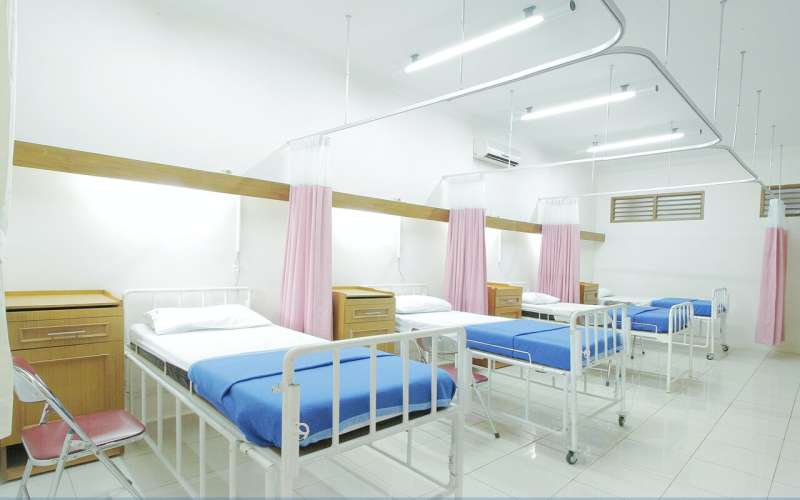Critical Shortage of Psychogeriatric Beds Endangering Patients and Healthcare Professionals

A critical shortage of psychogeriatric beds in New Zealand is placing vulnerable older adults with behavioral symptoms at risk. Experts call for increased dedicated facilities to improve safety and care quality.
A recent study led by the University of Otago highlights a significant and growing issue within the New Zealand healthcare system: the insufficient number of psychogeriatric beds for older adults with complex mental health needs. This shortage means that psychiatrically distressed elderly patients, especially those exhibiting aggressive or dangerous behaviors, are often placed in general hospital wards that are ill-equipped to manage their conditions. Such placements are not only unsafe but also raise serious ethical concerns.
The research emphasizes that many older patients with dementia develop behavioral and psychological symptoms of dementia (BPSD), which include hallucinations, delusions, sleep disturbances, sexual disinhibition, and aggression. When these behaviors become unmanageable, families and caregivers often seek hospital admission. However, due to the limited availability of specialized beds, these patients are frequently admitted to general medical wards—settings that lack the necessary design, resources, and staffing to ensure their safety and well-being.
Lead author Dr. Cindy Towns from the Department of Medicine in Wellington stresses that this practice exposes staff to increased risks of assault and injury, compromises patient safety, and breaches their rights. Effective management of BPSD requires dedicated environments with respect for the individual’s dignity, including measures like controlled lighting, noise reduction, privacy, and security. Most hospitals in New Zealand have yet to adopt the single-occupancy designs recommended for managing such cases.
Currently, New Zealand has just 16 in-patient psychogeriatric beds per 100,000 elderly residents—well below the minimum recommended threshold. The situation is exacerbated by demographic changes: the number of people living with dementia is projected to rise from 70,000 today to 170,000 by 2050. Despite the clear need, bed numbers have actually declined since 2017, reflecting a neglect of infrastructure investments.
In comparison, Australian healthcare policies have long prioritized specialized management for severe BPSD cases, often in secure units with trained staff and dedicated security personnel. These models ensure the safety of both patients and staff and uphold patients' rights. Advocates argue that New Zealand’s approach puts undue pressure on medical wards, leading to unsafe conditions and increased legal and ethical risks for clinicians.
Expert voices, including Harriet Wild from the Association of Salaried Medical Specialists, highlight that decades of underfunding and the rising prevalence of dementia create a ‘perfect storm’ of risks. They call for urgent expansion of specialized psychogeriatric beds, staffed with trained mental health professionals, along with interim solutions such as secure temporary accommodations for acute cases.
Until systemic changes occur, healthcare providers advocate for the urgent development of safer environments within hospitals and increased investment to meet the rising demand. Ensuring appropriate and secure care for these vulnerable individuals is essential for safeguarding their rights, improving outcomes, and protecting healthcare personnel from unnecessary harm.
Stay Updated with Mia's Feed
Get the latest health & wellness insights delivered straight to your inbox.
Related Articles
Oxytocin Nasal Spray Enhances Mother-Child Contact in Postpartum Depression
New study reveals that oxytocin nasal spray can enhance positive interactions between mothers with postpartum depression and their infants, promoting bonding and emotional warmth.
Research Reveals Women Improve in Anger Management as They Age
New research shows women tend to manage their anger more effectively as they age, with significant improvements observed during midlife, highlighting the importance of emotional regulation during menopause.
The Impact of Artificial Intelligence as a Social Presence on Human Relationships and Brain Function
Artificial intelligence's growing role as a social presence could reshape human relationships and brain functions, offering both opportunities and risks for mental health and social development.



